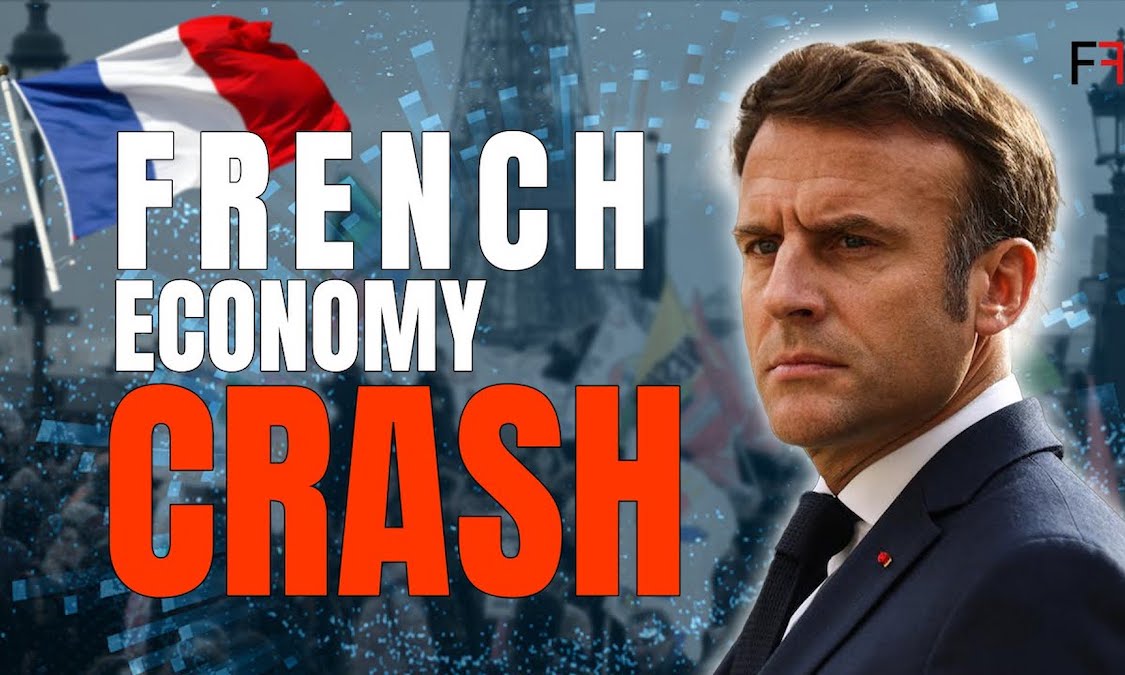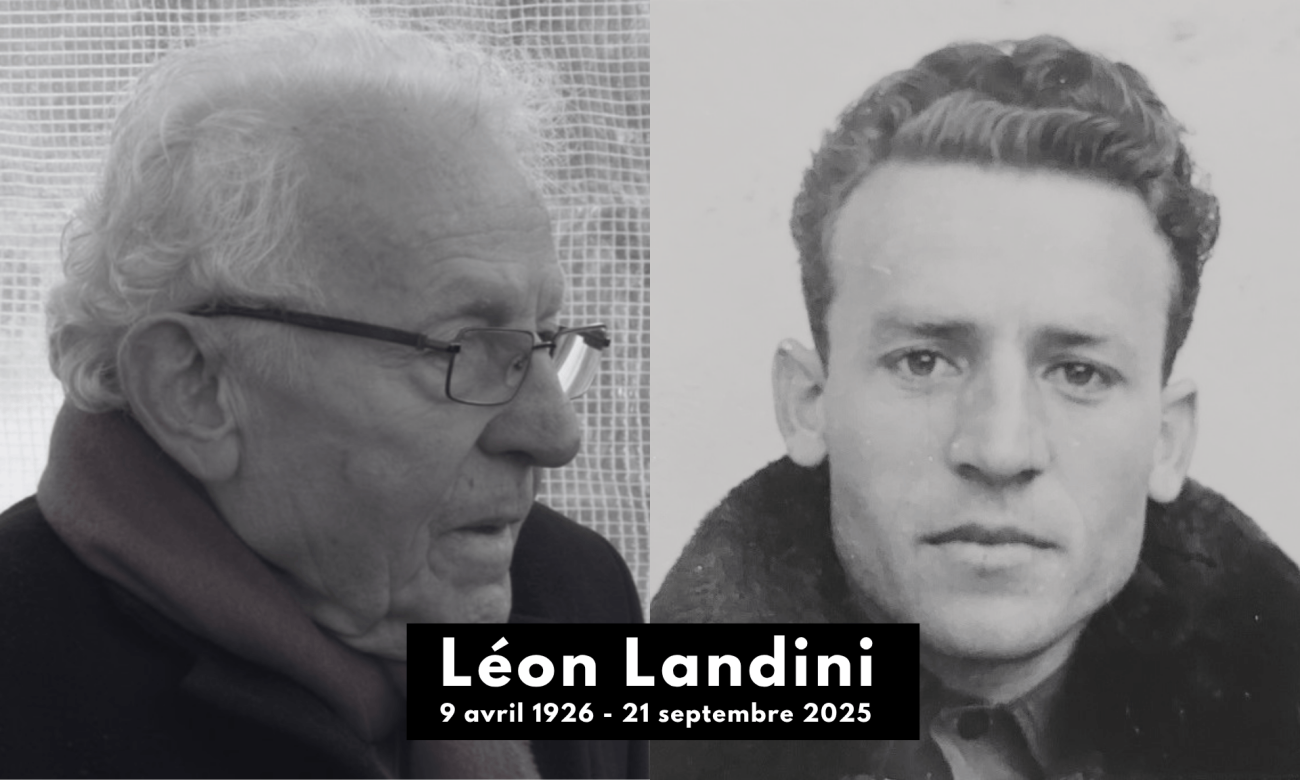The surprise outcome of the elections for the French national assembly, namely the ditching of the right-populist National Rally (RN) into third place and the emerging of the left-popular New Popular Front (NFP), tolerates more than one interpretation.
RN had been riding high in May’s elections to the European parliament, and its subsequent electoral performance in the first round of the national assembly election seemed to confirm the claim of Marine Le Pen that her party was making solid gains and deserved commensurably bigger boots. In particular, she let it be known that she would favour her 28-year-old protege Jordan Bardella as prime minister.
But all these ambitions went up in smoke in the second round.
How should we read this abrupt reversal of fortunes? For the liberal left, the situation is clear. The RN is proclaimed a ‘fascist’ outfit, beyond the pale of ‘normal’ politics, and when such a beast shows signs of breaking out of its cage, all other ‘decent’ politicians must bury their differences and stand together against the common foe.
Once the beast is back in the cage, ‘normal’ politics may then resume.
From this flawed perspective, the actions taken by the hastily cobbled together ‘New Popular Front’ could be seen as a resounding success. Many candidates who came third in the first round voluntarily withdrew from the contest in the second, calculating that by this self-abnegation they could put downward pressure on the RN’s electoral rise. This seems to have worked a treat, keeping Le Pen’s party at bay for the moment.
By the yardstick of a head-counting exercise in the national assembly, this was clever tactics so far as it went. But consider a different yardstick, one which ultimately subordinates everything to the question: how does this advance revolutionary science? Is the proletariat brought even one inch closer to its own emancipation by these parliamentary games?
Emmanuel Macron, the former Rothschild banker and technocrat parachuted into the Elysée seven years ago in the hope that his flamboyant brand of permanent crisis management might introduce some stability, has only made matters worse. Now that the effort to rebuild a ‘moderate’ political centre has failed, just at the moment when the economic, social and military crisis is reaching fever pitch, the last thing the workers need to be hearing is that their future as a class depends on the preservation of ‘moderation’ at all costs.
We will examine below how this is likely to be fatal to the building of a real working-class popular front in France.
There are many problems with the assumptions underpinning the NFP, and one of these is their understanding of fascism. If we look at the work done by both British Marxist Rajani Palme Dutt and Third International leader Georgi Dimitrov in the 1930s, there are several essential lessons that need to be borne in mind.
Palme-Dutt argued that the fascist forces emerge from within the bourgeoisie itself through the formation of various ‘emergency’ governmental formations. Macron’s coalition, which first came to power in 2017, is precisely such a formation in France.
And yet the Popular Front accepted an alliance with Macron to ‘stop fascism’ in the second round of the elections. This left the popular front as the single biggest block, but left Le Pen’s RN as the most coherent individual party making serious gains.
What is the New Popular Front?
The NPF was formed at breakneck speed by the leaders of all the major parties on the French left. It stretches from the Parti Socialiste (PS), the party that once had the old reactionary Francois Mitterrand as its leader and which held the presidency as recently as 2017. It also includes the French equivalent of the Green party, which (much like their British and German equivalents) is pro-Nato and has adopted a pro-zionist position when it comes to the question of the war on Gaza.
Also included in the NPF are the remains of the once mighty French Communist party (PCF), which has withered away following its embrace of Khrushchevite revisionism in the 1950s, its adoption of utterly anticommunist ‘Eurocommunism’ in the 1970s, and its joining of an ill-fated and despised coalition with Mitterand in the 1980s.
On the left of the NPF stands France Insoumise, headed by (former?) Trotskyist Jean-Luc Mélenchon,’ who is often labelled as the ‘French Corbyn’. Mélenchon takes a slightly stronger stance on Palestinian liberation than the PS or Greens do and has called for negotiations with Russia in relation to the Ukraine war.
This is not reflected in the NPF’s policy on Ukraine, however, which could have come directly from Macron himself. The record of the PS in particular is one that is wholly reactionary, having been a loyal servant of French imperialism since its predecessor party were part of the notorious Second International. More recently, the PS held the presidency under Francois Hollande, who appointed Macron as his finance minister. During this period in office, the PS backed the 2014 fascist coup in Ukraine that saw a CIA-backed puppet regime installed in Kiev.
Hollande, in partnership with Angela Merkel, was one of the instigators of the infamous Minsk peace agreements, which were supposed to bring an end to the war waged by the fascist regime in Kiev against the working class of Donbass. Hollande and Merkel have both since admitted that this agreement was never really meant to be implemented and was merely a means by which they forestalled Russian military intervention while the Kiev regime built up its forces under Nato supervision.
The PS is now part of a coalition that has billed itself as ‘antifascist’ but which includes within its ranks criminals like Hollande (who is now an MP again) who have actively aided fascists in Ukraine.
So where does this ‘antifascism’ begin exactly? Does it only stop and start at the borders of France?
Alliance with Macron
Following the strong performance of the RN in the first round, the NPF’s leaders made an electoral pact with President Macron’s ‘Together’. This enabled the party of the widely despised president to gain 168 seats to the NPF’s 182. In this way, Macron gained a political reprieve thanks to the NPF calling its voters to back Macronist candidates against the RN.
This collaboration with the hugely unpopular governing party was justified by NPF leaders (including Mélenchon) in the name of ‘antifascism’, but this is a claim that will not stand any kind of scrutiny. Macron’s career and party are both products of French ruling-class manoeuvres as they sought to re-establish the profitability of French capitalism by launching attacks upon the working class domestically and joining the war drive of US imperialism against Russia.
Macron has continued the policies of his old boss Hollande in backing the fascist forces in Ukraine while carrying on the diplomatic dance of pretending to continue the Minsk peace process. The class war upon the French proletariat demanded by the ruling class has also been pursued relentlessly by Macron.
This is what led to the emergence of the Gilets jaunes (yellow vest) movement in response to tax hikes on fuel. Yellow vest protests broke out all over France and were met with brutal police repression that saw 11 protesters killed, five lose hands and 23 lose eyes after being hit with rubber bullets or gas grenades – state violence that was carried out so that Macron could force through a tax increase on already struggling workers.
When we look at Macron’s actual record in office, arming fascists in Ukraine and killing protesting workers at home, it is hard to see what qualifies this creature of French imperialism as an ‘antifascist’ ally! How can any self-described ‘socialist’ possibly justify siding with such a blatantly reactionary, whose only role is to help the ruling class wage war against the workers more effectively?
The bankruptcy of historical imitations
The original Popular Front government of the 1930s was created by an agreement between the French Communist party (the French section of the revolutionary Third International) and the old PS-SFIO (the French section of the Second International) together with the trade unions. This Popular Front had its flaws and suffered betrayals almost immediately by the social democrats, but it left behind a much-strengthened Communist party that was able to build a greater base within the working class of France, enabling it to lead the resistance forces during the years of WW2 fascist occupation.
The ’new popular front’ is different in many ways, but its central failure that it refuses to address the question of imperialism, either French or US. It cannot do so because it contains within it the rabidly imperialist PS (led by the likes of Hollande and Raphael Glucksman) and the French greens, who are almost exactly the same.
Given that fascism is the horrific offspring of decaying monopoly capital, it is inconceivable that siding with imperialism’s most loyal servants can produce ‘antifascist’ results.
In the 1930s, the old version of the PS had a mass working-class base that the PCF needed to win over. In that context, joining the Popular Front government proved to be a semi-successful way of doing so. Is Macron’s ‘Together’ party a mass working-class organisation? Is the, now thoroughly bourgeois, PS a mass working-class organisation? The answer is both cases is a resounding no.
A hollow victory
The NPF has now gained 183 seats in the French national assembly, as compared with the RN’s 143. But this ‘victory’ is rather a hollow one when one considers that the RN represents a unified reactionary force while the NPF is a disparate grouping of ‘leftist’ forces that includes openly pro-imperialist parties.
Such a group cannot and will not hold together in the face of a determined ruling-class offensive. While Mélenchon has declared that he is ready to lead a government, he does not have the forces at his disposal to form one.
Meanwhile, French imperialism remains in a state of deep crisis, with the economy stagnating since the crisis of 2008. The French ruling class is also facing a collapse of its ability to hold onto its west African neocolonies following the successful nationalist officers’ revolts in Mali, Burkina Faso and Niger, which have drawn on the revolutionary traditions of figures like Thomas Sankara.
The three Sahel nations have been moving steadily towards the complete removal of French and US military presence on their soil, as well as towards the creation of a regional confederation. In the process, they have sought the assistance of Russia in combating the long-running threat from imperialist-backed al-Qaeda type terror gangs.
All this is extremely bad news for the French capitalist class, which faces the imminent collapse of its ability to exploit the people and resources of these former colonies via the neocolonial system set up by Charles De Gaulle back in the 1960s. This can only deepen the crisis of French imperialism, in turn pushing the ruling class to intensify the class war being waged against the working class.
Adding to these problems is the looming defeat of the Nato and its stooge regime in Kiev on the battlefield in Ukraine – a development which will be catastrophic for the entire imperialist camp, which had hoped to use the war to destroy the Putin-led government and install a puppet regime in Russia before indulging itself in an orgy of looting of Russian resources.
Only this explains the rising hysteria of the French ruling class, which is shrilly demanding a government that can restore profitability to the system. This is where the danger of Le Pen truly lies, and shows why the ‘victory’ of the NFP is nothing of the kind.
The French ruling class has already turned to brutal tactics in breaking down working-class resistance but this has not been enough to restore profitability. Macron has failed in his efforts, so now the ruling class could well move to backing the RN. Meanwhile, the ‘leftists’ of the NPF have shackled themselves to a failing and despised Macron, leaving Le Pen to represent herself as a ‘radical alternative’ to the status quo.
She is nothing of the kind, of course, but with the supposed ‘left’ tied to Macron, Le Pen’s accusations that Mélenchon and co are all part of the establishment will look perfectly reasonable to the angry, disillusioned workers who are desperate for a government that might represent their inerests.
By propping up Macron, the French left, including their great white hope Mélenchon, have gifted Le Pen the opportunity to run as an ‘outsider’ at the next presidential election in 2027. Even though it is more than likely that by then she will be running with the backing of the bulk of the French ruling class.
An anti-imperialist popular front
French imperialism is a decaying force, as is the imperialist-in-chief in the USA. Any really meaningful popular front in France would be have to be based on at least a basic recognition of the destructive nature of decaying imperialism, both to the French working class at home and the oppressed nations abroad. It would have to have an anti-Nato programme as well as a set of popular demands for addressing the urgent needs of French workers.
Both Macron and Hollande have done more to aid the arming of mass ranks of fascists in Europe than anyone since the days of Adolf Hitler himself. It should therefore be obvious that a meaningful antifascist alliance would have to exclude Macron, the PS or the Greens. All these parties are widely despised within the working class after years of their involvement with anti-working-class governments.
In terms of a genuine attempt to combat the appeal of Marine Le Pen and the RN, we must also bear in mind the words of Dimitrov:
“A powerful united front of the proletariat would exert tremendous influence on all other strata of the working people: on the peasantry, on the urban petty bourgeoisie, on the intelligentsia. A united front would inspire the wavering groups with faith in the strength of the working class.” (The Fascist Offensive and the Tasks of the Communist International, 1935)
At a time when the RN is drawing in more votes from workers who are demoralised and despise the political establishment, the way to combat the appeal of their divisive demagoguery is not to collaborate with forces that are every bit as reactionary the RN is itself.
As Dimitrov noted 90 years ago, only a powerful and determined struggle against French imperialists’ war on the working class can hope to win over and unite workers again. And he further emphasised the vital importance of internationalism in such a struggle:
“The proletariat of the imperialist countries has possible allies not only in the toilers of its own countries but also in the oppressed nations of the colonies and semi-colonies.” (Ibid)
The French proletariat has heroic traditions of solidarity and internationalism to draw on; it must learn to do so again if it wishes to create a genuine, anti-imperialist movement, with socialism as its ultimate aim. Faced with French monopoly capitalism in terminal decline, the only answer is to ruthlessly break all links between the pro-imperialist social democrats and greens and the working masses. These vile servitors of imperialism are as much a danger to their interests as Le Pen herself hopes to become.
















